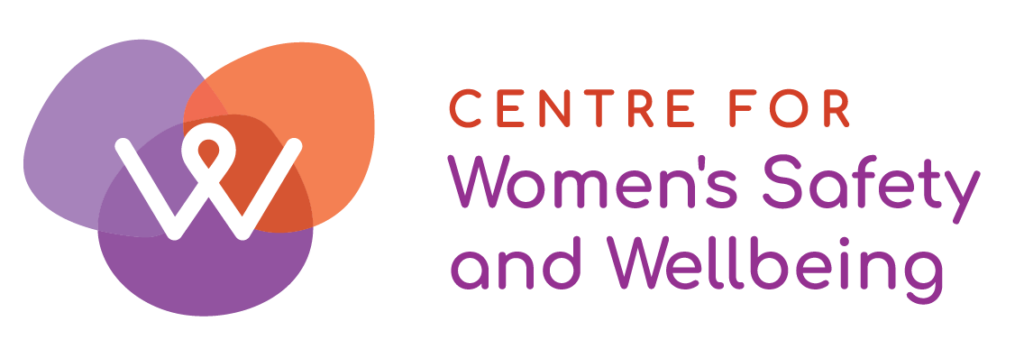The Centre for Women’s Safety and Wellbeing unreservedly welcomes the funds committed by the Western Australian Government to enhance our responses to and prevention of family and domestic violence in Western Australia. We are committed to continuing our work with the WA Government to build safe homes, safe communities and safe systems.
The Western Australian community is more invested in ending family and domestic violence than ever before, this has been particularly evident through the attention given to family and domestic violence in the aftermath of recent family and domestic violence homicides. The mantra that ‘family and domestic violence is everyone’s responsibility’ and that ‘we all have a part to play’ is increasingly being embraced across all levels of society. Family and domestic violence is now part of public conversation, as we all grapple with how victim-survivors of family and domestic violence – primarily women and children – can live lives free from violence and how those who choose to use violence – primarily men – should be held to account and helped to change their behaviour.
The only way to stem the unacceptable rates of family and domestic violence in our community is to stop it from happening in the first place. Therefore, we applaud the much-needed investment in prevention and the prevention workforce.
The Centre for Women’s Safety and Wellbeing looks forward to continuing critically important work with the Family and Domestic Violence Taskforce to ensure:
- Multi-agency risk assessment and risk management
- The establishment of a uniform information sharing regime
- An integrated, collaborative approach across all players in the system including Police, Courts, Child Protection and Corrections
- Consistent data collection and system performance metrics
Importantly, these aspects of the reforms will help establish a system-wide approach to family and domestic violence risk assessment and management that shares common language and an improved understanding of evidence-based risk factors across different workforces that intersect with family and domestic violence. These common understandings of risk and language will result in more consistent and collaborative service responses. Most importantly, they will facilitate a system-wide shift towards focusing on the perpetrator and enabling specialist family and domestic violence services to obtain risk relevant information about perpetrators to inform their risk assessments and safety planning, which is currently largely unavailable.
See the WA Government’s media release here:





